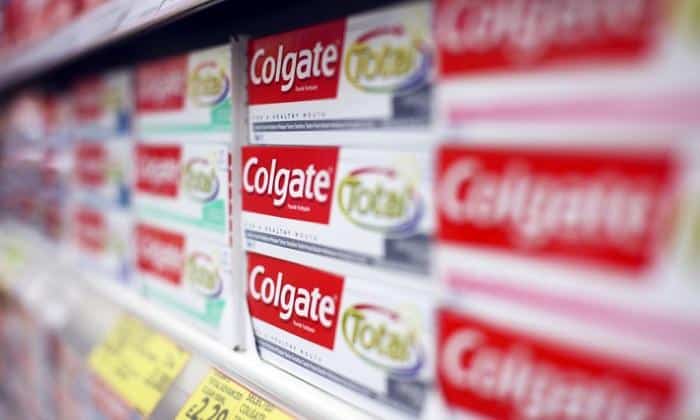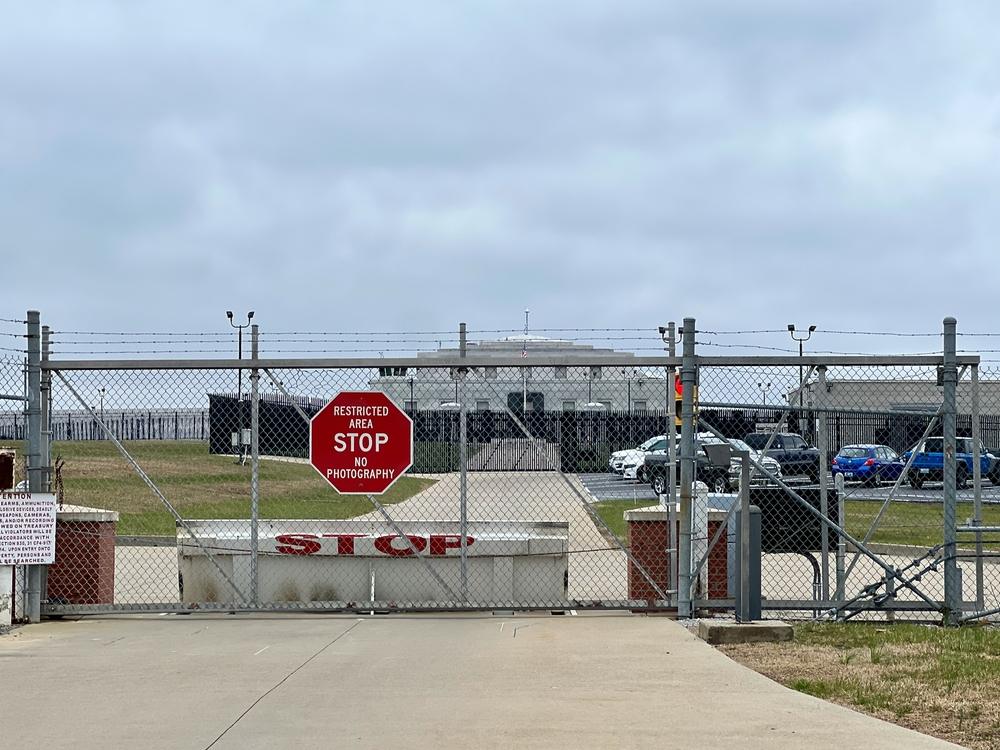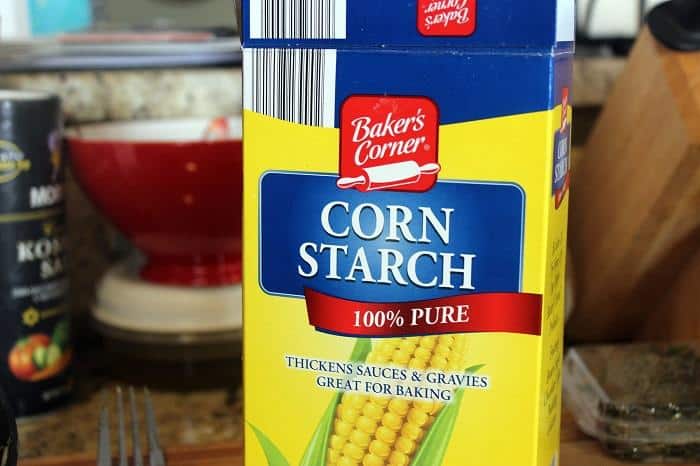
The US Food and Drug Administration (FDA) allowed Colgate-Palmolive Co. to market a toothpaste containing a chemical the government knew could cause health problems, and kept the information from the public for 17 years.
Bloomberg is reporting that the popular Total toothpaste is one of many consumer products that contain the additive in question, triclosan, that is now linked to cancer-cell growth.
Total is the No. 1-selling brand of toothpaste in the United States. It may be time to make your own toothpaste.
The FDA based its decision to approve Total for public use in 1997 on data supplied by Colgate-Palmolive, Bloomberg discovered. Scientists who examined data for Bloomberg believe that the FDA should reconsider the approval of Total because the original data excluded information linking triclosan to cancer and other health problems.
When it sought approval for Total, Colgate-Palmolive hid data that indicated triclosan was toxic, because its researchers were not sure whether it was toxic to unborn babies or their mothers.
The hidden secrets of making herbal medicines…right at your fingertips!
“Wow. They kept that private,” Thomas Zoeller, a biology professor at the University of Massachusetts, said after examining the data for Bloomberg. “The distinction between maternal and fetal toxicity is an excuse to do nothing. And it’s not scientifically justifiable.”
What Triclosan is and Why it is Dangerous
Triclosan is an anti-bacterial chemical widely used in soaps and other products, and is added to Total because it can kill the gum disease gingivitis. Scientific studies show it can disrupt the endocrine system and the hormonal balance of the human body.
A study funded by Colgate-Palmolive in the early 1990s showed triclosan caused deformed bones in mice and rat fetuses.
Story continues below video
A 2012 study linked triclosan to infertility in mice. Another 2012 study found that trisclosan could encourage the growth of dangerous bacteria, including those that cause staph infections. The same study found that soap and water was just as effective at killing germs as products containing triclosan.
The European Union in 2010 banned the use of triclosan in products that come in contact with food and could be ingested by people. Additionally, the state of Minnesota will ban the use of triclosan in a wide variety of products starting in 2017.
Colgate-Palmolive removed triclosan from Softsoap hand soap and Palmolive dish soap in 2011, but it has no plans to remove the chemical from Total.
A 2012 report from the United Nations Environmental Program and the World Health Organization linked endocrine-disrupting chemicals like triclosan to increased rates of breast, ovarian and testicular cancers. The same report also linked low birth-weight babies, premature births, early breast development in girls and deformed testicles in boys to such chemicals.
Some of Colgate-Palmolive’s competitors, including Proctor & Gamble (Crest) and GlaxoSmithKline (Aquafresh and Sensodyne) previously removed triclosan from their toothpastes.
What is your reaction to this news? Tell us in the section below:










